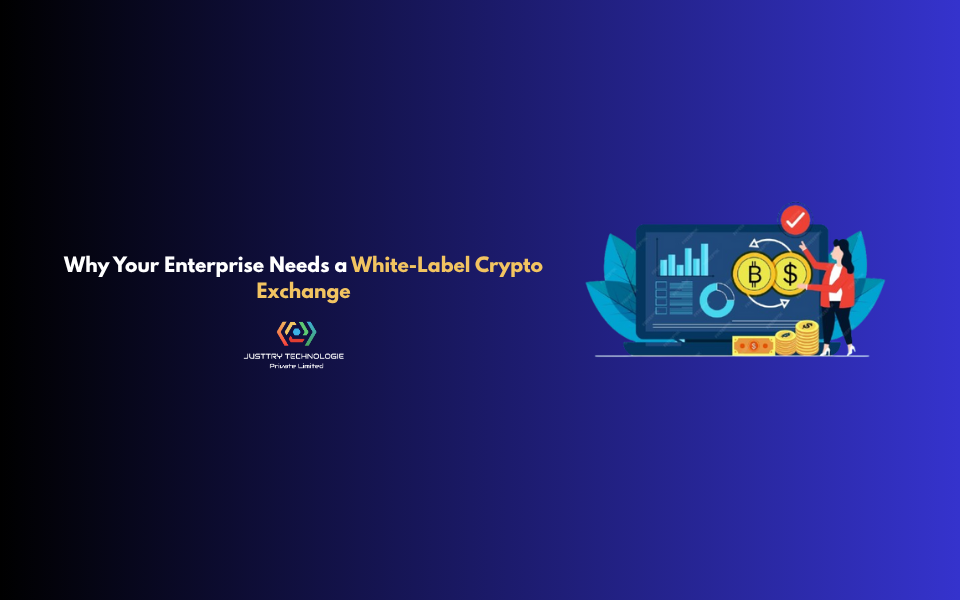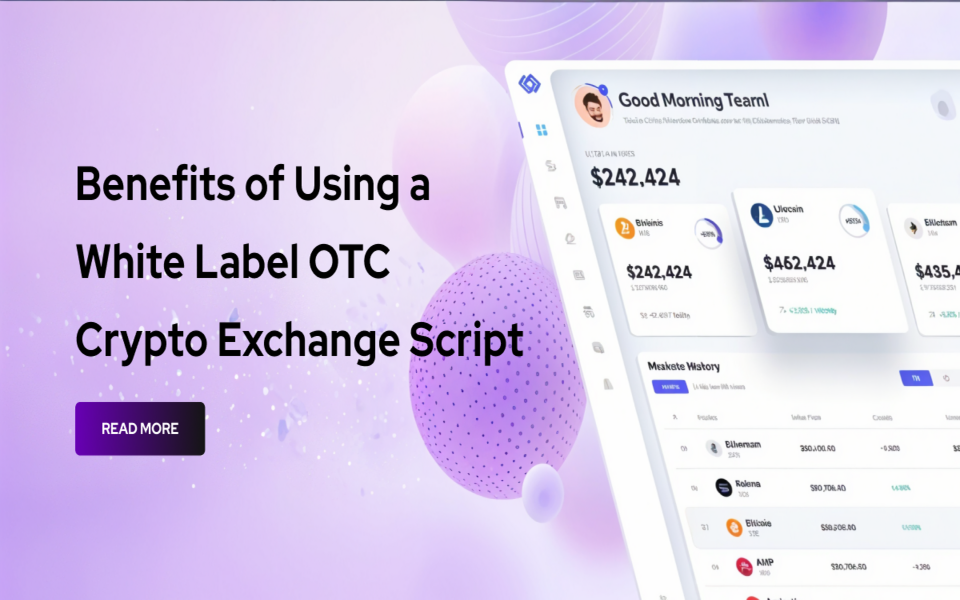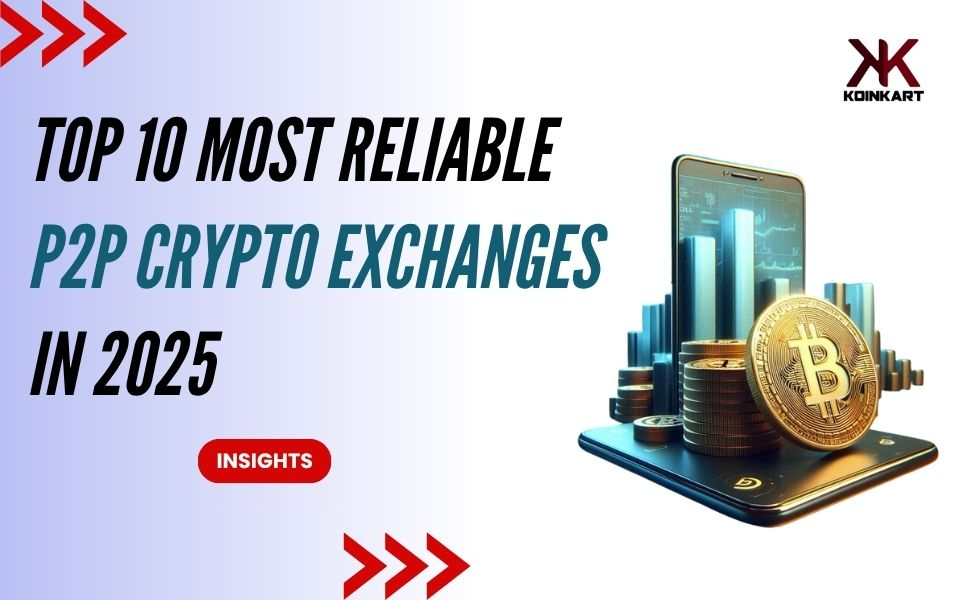In 2025, logistics is no longer just about moving goods from point A to point B. The industry has evolved into a digitally connected ecosystem where data, automation, and trustless systems are driving innovation. At the heart of this transformation lies an emerging trend—logistics tech startups launching industry-specific cryptocurrencies. These tailored tokens are not just speculative assets; they are becoming functional tools powering freight payments, supply chain coordination, and smart contract enforcement. As blockchain technology matures, logistics-focused cryptocurrencies are rapidly gaining ground as a reliable, transparent, and decentralized alternative to traditional payment and settlement methods.
The Problem with Legacy Logistics Payment Systems
Legacy payment systems in the logistics sector are riddled with inefficiencies. Traditional methods often involve slow settlements, high transaction fees, opaque currency conversion processes, and a lack of interoperability across geographies. International shipping, for instance, can require multiple banks and intermediaries just to complete a single payment. This fragmented structure leads to delays, disputes, and a significant amount of capital tied up in transit.
For startups trying to break into the logistics tech space, these barriers are particularly troublesome. Small players don’t always have the financial clout to deal with delays in payments or currency conversion losses. Enter industry-tailored cryptocurrencies, which offer near-instant, secure, and programmable payment systems customized for supply chain applications.
The Rise of Industry-Tailored Cryptocurrencies
Industry-specific cryptocurrencies are digital assets created with the logistics industry’s needs in mind. Rather than serving as a general-purpose currency, these tokens are built to support logistics workflows such as cargo payments, inventory tracking, customs clearance, insurance processing, and decentralized finance (DeFi)-based trade financing. What makes them unique is their ability to be programmed with smart contracts that align with specific conditions, such as release of payment upon successful delivery.
In 2025, logistics tech startups are increasingly leveraging these cryptocurrencies to address systemic bottlenecks, improve transparency, and drive operational efficiency. Whether it’s a warehouse automation company or a cross-border freight platform, more and more startups are adopting blockchain-native payment methods to scale faster and stay competitive.
Why Startups Are Leading This Shift
Unlike legacy corporations, startups have the agility and willingness to experiment with disruptive technologies. Logistics startups in particular are well-positioned to build their infrastructure from the ground up with blockchain integrated into their operations. They don’t have the burden of legacy systems, making them more adaptable to decentralized solutions.
Furthermore, with rising demand for digital supply chain solutions, startups that offer crypto-enabled platforms have a competitive edge. By launching their own cryptocurrency, they can manage ecosystems more efficiently—rewarding participants, enabling micro-transactions, reducing reliance on fiat conversions, and fostering loyalty through tokenized incentives.
Use Cases of Cryptocurrencies in Logistics
One of the most promising applications of logistics cryptocurrencies is in automated freight payments. Tokens can be programmed to transfer ownership and funds the moment a GPS-verified delivery occurs. This eliminates the need for invoices, reduces fraud, and shortens payment cycles from days or weeks to minutes.
Another growing use case is in customs clearance and documentation tracking. Smart contracts embedded in logistics tokens can automate and verify documents like bills of lading, certificates of origin, and insurance policies—ensuring compliance and reducing paperwork.
Startups are also leveraging these tokens for real-time asset tracking and accountability. For example, a blockchain-enabled platform can assign tokens to specific cargo containers, allowing for secure, immutable records of handling, transfers, and environmental conditions during transit.
Moreover, logistics crypto tokens are unlocking access to supply chain finance. Token-based lending models allow participants to stake tokens or use them as collateral for instant access to working capital, all without involving traditional banking infrastructure.
Integration with IoT and Smart Devices
In 2025, the Internet of Things (IoT) has become a backbone of modern logistics. Devices such as GPS trackers, temperature sensors, and RFID tags generate a vast stream of data throughout the supply chain. Logistics tech startups are now integrating IoT with blockchain-powered cryptocurrencies to create self-executing systems.
For example, if a perishable shipment’s temperature exceeds a certain threshold, a smart contract can automatically trigger a refund or initiate a new delivery request. Payments can also be adjusted in real time based on delivery performance, damage reports, or compliance metrics—something only possible when tokenized logic is embedded directly into the supply chain infrastructure.
Tokenizing Stakeholder Incentives
Beyond operational use, industry-specific tokens are enabling startups to create community-driven logistics networks. Instead of centralized control, logistics cryptocurrencies can be used to reward drivers, warehouse workers, freight forwarders, and customers for participating in and improving the ecosystem.
For instance, a platform might reward on-time deliveries with tokens, or offer discounts to frequent users. Reputation systems tied to blockchain records ensure that high-performing stakeholders are recognized and compensated. These tokenized incentives reduce churn, improve service quality, and make platforms more scalable in competitive environments.
Regulatory and Compliance Considerations
As with any blockchain-based solution, regulatory clarity is essential. Fortunately, 2025 has brought more favorable regulations around utility tokens and enterprise-grade blockchain use. Logistics tech startups launching industry cryptocurrencies must ensure compliance with KYC/AML regulations, particularly when dealing with cross-border payments.
Many startups are opting to structure their tokens as utility tokens that grant access to features or services within their platform rather than as speculative assets. Additionally, stablecoins and asset-backed tokens are being used to minimize volatility and maintain trust in tokenized systems.
Collaboration with regulatory sandboxes, blockchain associations, and logistics consortiums is helping startups navigate these complexities more smoothly than in earlier years.
Interoperability and Ecosystem Collaboration
One of the keys to scaling logistics cryptocurrencies is interoperability. Startups are increasingly building their tokens to integrate with existing blockchain protocols and enterprise systems such as Hyperledger, Ethereum, or Solana. This ensures that different platforms can exchange data, execute payments, and maintain security without fragmenting the ecosystem.
Collaborations with larger industry players—such as freight brokers, port authorities, and customs agencies—are also accelerating adoption. By launching tokens that are interoperable and standards-compliant, logistics tech startups can fit more easily into complex, multi-stakeholder environments.
The Competitive Advantage for 2025 and Beyond
Launching an industry-tailored cryptocurrency is more than a technical choice—it's a strategic business move. In 2025, logistics customers are demanding transparency, real-time visibility, and faster payments. A custom cryptocurrency provides startups with a unique brand identity, operational flexibility, and the ability to build decentralized networks where every transaction is verified and trustless.
Additionally, token-based ecosystems allow for fine-grained monetization models—such as pay-per-mile, smart insurance, or container-sharing credits—that are impossible with traditional fiat infrastructure. Startups that embrace these possibilities can leapfrog slower competitors and attract tech-savvy customers, investors, and partners.
Several logistics startups in 2025 are already demonstrating the power of industry-focused cryptocurrencies. Companies like ShipLedger and TransTokenX have built blockchain-based platforms that handle everything from freight booking to payment automation via native tokens. These platforms have seen rapid user adoption, particularly in emerging markets where traditional infrastructure is lacking.
Others are focusing on carbon-neutral logistics by issuing green tokens that reward eco-friendly deliveries. By combining sustainability goals with tokenized logistics, these startups are aligning with corporate ESG mandates while innovating at the core of supply chain operations.
Conclusion: The Road Ahead for Logistics Cryptocurrencies
As the global logistics sector becomes increasingly digital, the launch of industry-tailored cryptocurrencies by logistics tech startups is proving to be more than a trend—it’s a foundational shift. These tokens are solving long-standing issues related to transparency, speed, and cross-border coordination. They're creating decentralized supply chains where trust is coded into the system, and every transaction is secure and verifiable.
In 2025, logistics startups that choose to innovate with purpose-built cryptocurrencies are positioning themselves at the forefront of a new, tokenized global economy. As adoption accelerates, these solutions will likely become standard tools for supply chain professionals, unlocking efficiencies and building a more connected, intelligent logistics infrastructure.

























